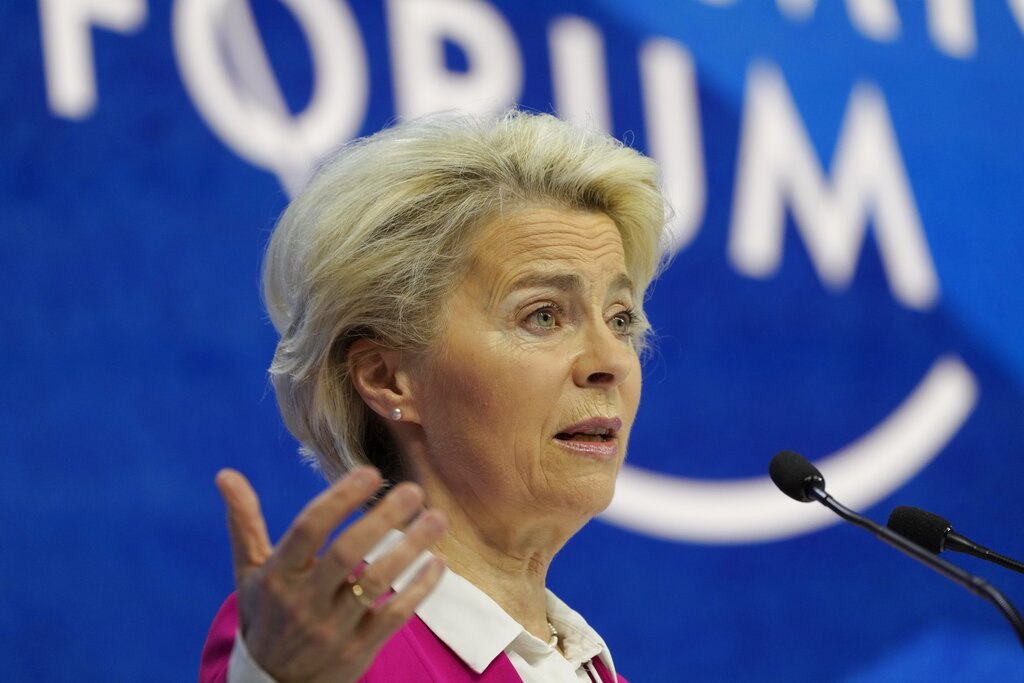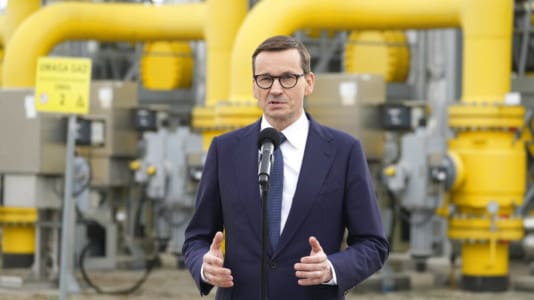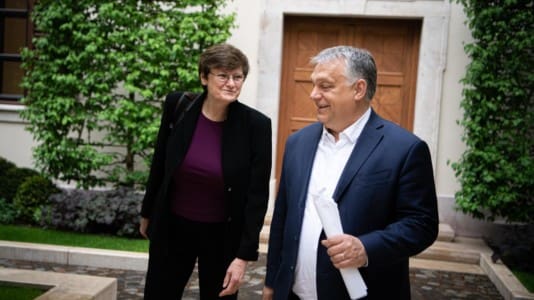President of the European Commission Ursula von der Leyen does not believe a consensus can be reached among member states on the bloc’s proposed embargo of Russian energy imports at the European Council summit to be held at the end of May.
In an interview with Politico, the EU executive’s chief insisted the Council summit on May 30-31 would not be an appropriate forum for an agreement to be reached “because it is very technical what we’re discussing.”
“We’re speaking about landlocked countries that need alternative supply via pipeline, so you have to speak about the investment in the pipelines, to increase the supply, and we’re talking about refineries that have to be updated, and investment and renewable energy,” von der Leyen told the publication.
A number of central European member states — including Hungary, Austria, Slovakia, and the Czech Republic — are resisting plans to ban Russian oil imports due to their landlocked status and high dependency on Russian energy supplies.
Von Der Leyen’s remarks follow a letter penned by Hungarian Prime Minister Viktor Orbán to European Council chief, Charles Michel, asking him to drop the topic of the sanctions against Russia from the agenda of the summit.
“I am convinced that in the absence of a consensus, a leader-level discussion of the sanctions package would be counter-productive,” Orbán wrote. “It would only highlight our internal divisions without offering a real chance to solve the differences,” he added.
“In our response to Russia’s aggression in Ukraine, our unity has so far been our unity. In this spirit, we supported the adoption of the previous five sanctions packages and worked with the committee to find a solution to our problems with the sixth sanctions package. We are committed to pursuing the negotiations with a pragmatic and results-oriented approach,” Orbán told the European Council president.
Von Der Leyen conceded that there is a “political element” to be factored into any proposals — “this is, how much are the other 26 [member states] willing to concede as investment to Hungary,” but revealed that first and foremost the technical difficulties must be addressed.
The Commission chief added that she is in constant contact with the Hungarian government and, “if necessary I am always in touch with [Viktor Orbán] via telephone.”





